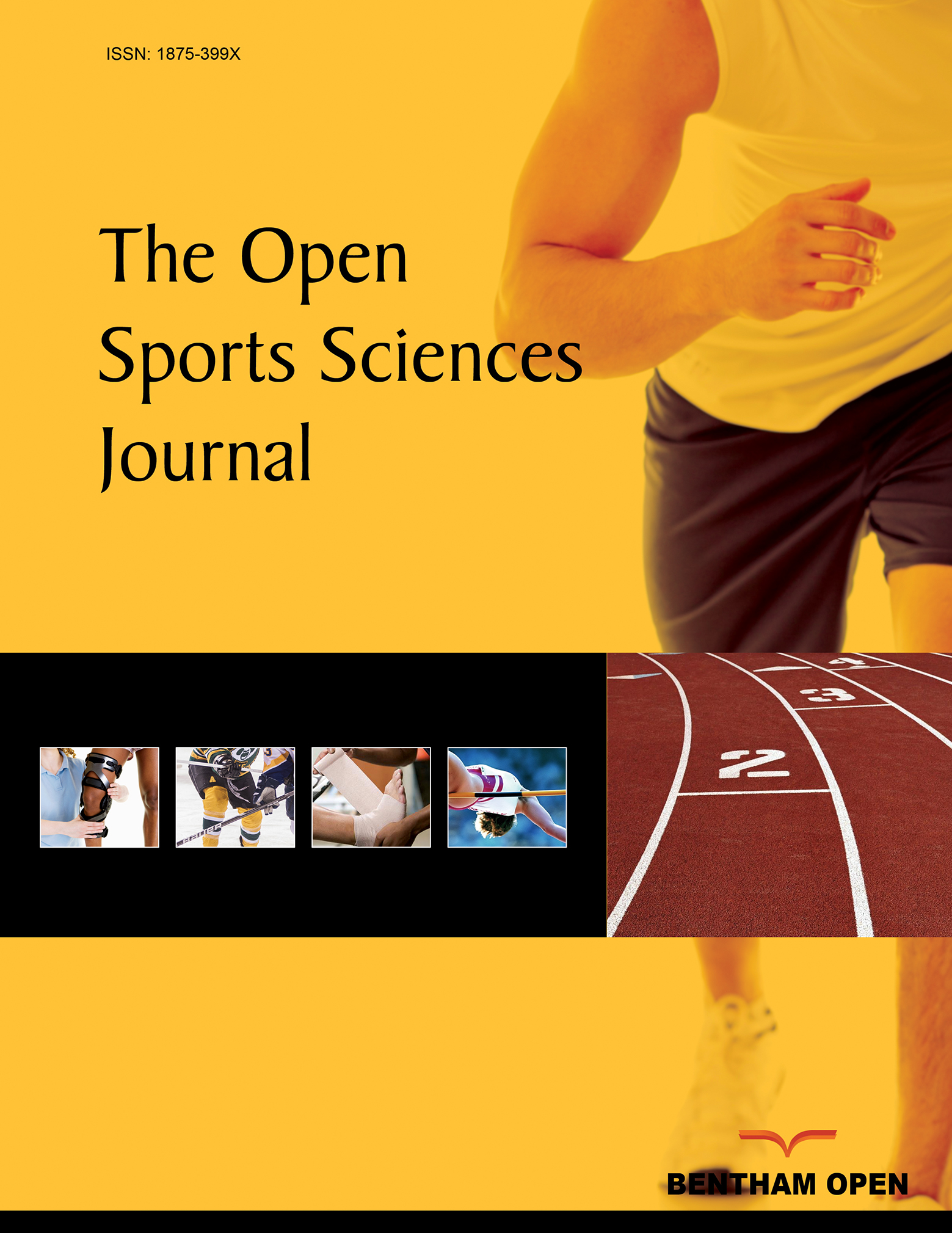All published articles of this journal are available on ScienceDirect.
Editorial: Sport Management: Human Resources, Economics, Politics, Law, Marketing and Sport Facilities Issues
Sports’ current evolution is requiring a globalization process for research in the field of Sports Sciences, as well as the knowledge and contributions of academic experts. Therefore, the presentation of this special issue on “Sport Management: Human Resources, Economics, Politics, Law, Marketing and Sport Facilities issues” of The Open Sports Sciences Journal is focused on relevant researches regarding Sports Management. Topics such as the design of sports policies, sports’ consumers, the importance of sports law, sports finance from public sectors and leagues’ competitive balance, which are essential for the development and progress of sports, are covered in this number.
The first paper is a study that provides a review of consumption-related aspects, which are associated with football spectators' behavioural intentions such as emotions experienced during the games, service quality, teams’ brand implications and satisfaction. This paper entitled “Revisiting the role of football spectators’ behavioural intentions and its antecedents” was presented by Biscaia, R.
The second contribution is a study characterizing the Nature Sports Organizations in Portugal developed by Espírito Santo de Melo, R.J. and Machado-Gomes, A. This study shows important conclusions to improve the Nature of Sports policies.
Coelho-Teixeira, M.R. and Patrício-Ribeiro, T.M. presented an investigation focused on understanding the effects of public policies on sports for people at local level, through the study of factors influencing the process of regional sport development in Portugal. This study concludes with relevant guidelines that need to be followed to obtain the most from sports policies.
A forth article entitled “Physical Activities - Legal Horizon and Sports Regulation as Lex Specialis: Lex Sportiva” by Panagiotopoulos, D.P., is focused on the importance of the sports laws considering sport as a science. The paper explains how it forms an inner part of the other branches of Sports Sciences and governs athletic activities, sports and the physical education process.
The finance of public sports services is still an important area of investigation for researchers in Sports Management. Thus, Garcia-Unanue, J., Felipe, J.L., del Corral, J. and Gallardo, L. publish the article entitled “Assessing financial condition of municipal sports agencies: a data benchmarking approach”, in which the financial condition of local decentralized public sports services over a period of 10 years is analysed, obtaining benchmarks to serve as a point of reference. For this purpose, the flexibility, independence and sustainability of these services are included in the analysis.
Miragaia, D., Conde, D. and Soares, J. carried out a study to determine consumer’s profile in winter sports by using levels of satisfaction regarding services provided by a ski resort. The results are great help to adapt the services according to the preferences and expectations of tourists/visitors with the aim of increasing consumers’ loyalty.
Freitas, D., Carvalho, M.J., Costa, I. and Fonseca, A.M. presented the article “Evaluation of the psychometric properties of the managerial behaviour instrument for the Brazilian sport organizations” with the aim of evaluating the psychometric properties of the Managerial Behaviour Instrument for Brazilian sport federations, where 263 members of these federations composed the sample. .
The article of Gasparett, T. and Barajas, A. “Playoffs or Just League: A Debate in Brazilian Football” is based on a descriptive and reliable confirmatory factor analysis (CFA). The study aimed to assess the competitiveness of the Brazilian league and the interest of the fans over the last twenty-four seasons taking into consideration the two formats held by the competition: playoffs (1991-2002) and regular league (2003-2014).
The fitness sector presents an ongoing great and fast growth. Consequently, this ninth article aims to understand the relationship between the weekly frequency of use, expectations, satisfaction and retention of members in fitness clubs. The paper of Gonçalves, C., Meireles, P. and Carvalho, M.J. is of great interest given the problems of loyalty found in the fitness market, where it is crucial to understand the characteristics of faithful members to act appropriately with each segment.
Finally, the article entitled “Are NBA Policies that Promote Long-Term Competitive Balance Effective? What is the Price?” of del Corral, J., García-Unanue, J. and Herencia-Quintanar, F. shows the competitive balance levels of the most prominent basketball league in the world: the NBA. For that purpose, a new perspective based on the use of betting odds and visual analysis have been used to show the mid-term and long-term competitive balance of the NBA.
We consider that the articles presented in this document will allow readers and researchers to know the present of the investigations in Sports Management, showing clearly its inherently multidisciplinary. Thus, the number of this journal will contribute to improve the designs of future researches and achieve the sustainable progress of sports activities.


